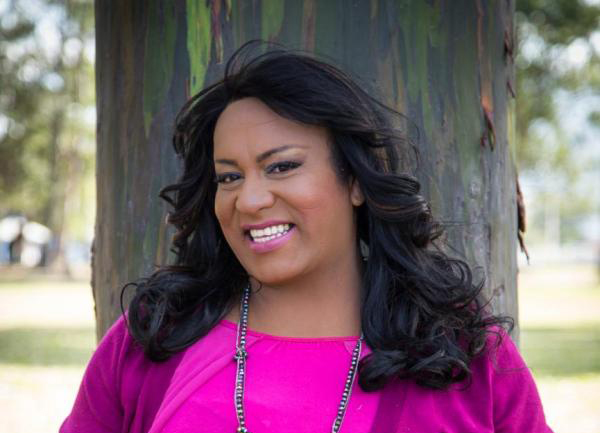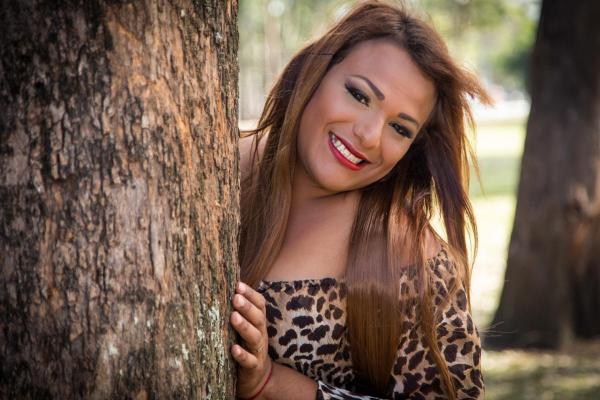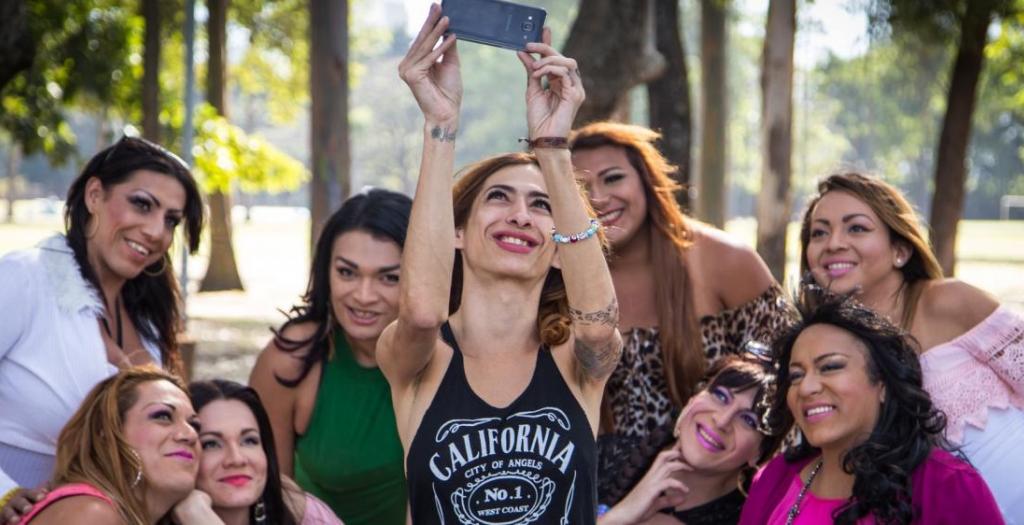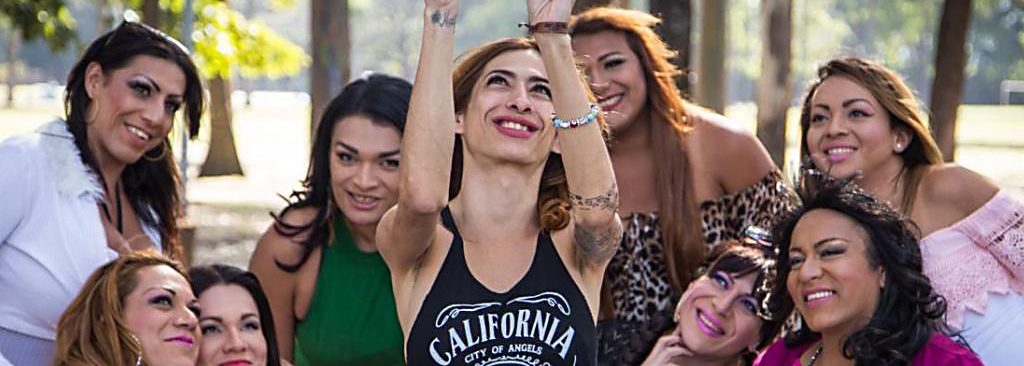Photographs by Ángel Damián Reyes / Text by Ángel Damián Reyes and Alonso Jiménez
The HIV Costa Rica project we participate in wouldn’t be the same without Transvida (Translife in English), our partner organization. Their methods of HIV care and prevention in trans women represent a new frontier in terms of innovation and creativity, as well as institutional and organizational impact.
As an expression of our enormous gratitude and respect for their work, we decided to introduce some of them to our readers through a series of portraits they had taken for their new portal: nosotrans.org.

Dayana, Antonella, Kerlyn, Andrea, Keyra, Alondra, Samantha and Deborah work at Transvida as educators, prevention promoters, knowledge creators, pioneers and HIV test implementers. They overcome violence, stereotypes and laws that discriminate against them every day of their lives.

Antonella is in charge of Monitoring and Evaluation. She learned from scratch everything it takes to do her job successfully, and today her work is essential to the organization. Thanks to her collaboration, we know now that 331 trans women received prevention packages and 143 of them got tested for HIV in 2016 alone.

Kerlyn is an educator; one of her specialties is putting together prevention packages, including advocacy actions with other trans women. Every package contains condoms, lubricants and an informal conversation about the importance of sexual health care. She also talks other girls into getting tested for HIV and persuades them to take advantage of the Social Security Fund for STD testing.

Andrea is also an educator. She started working with Transvida right after the organization’s establishment and legal registration, made possible in part by its connection with the Costa Rica HIV Project. Today, Transvida has many projects of its own and has developed alliances with state institutions and civil society organizations such as the Ministry of Education, Women’s National Institute, the Mixed Institute of Social Help and the Alcoholism and Drug Dependency Institute.

Samantha is the organization’s contact person in Puntarenas, a city located on Costa Rica’s Pacific coast. Transvida travels to various locations at night to carry out rapid HIV testing that provides results in 4 to 5 hours. Upon arrival, the educators give advice before the test, hand out snacks, set up private spaces to answer all types of questions, and then give another round of advice after the test. If someone’s rapid HIV test result is positive, the person is referred to Costa Rican Social Security Fund to confirm the result and, if the person wishes, she can access free psychological counseling.

Deborah also works as an educator at the organization. She is a witness of their tireless effort to win what are often uphill battles. Transvida, together with Hivos and the National Institution of Human Rights (Defensoría de los Habitantes de la República) participated making observations to improve the Gender Identity Law draft proposal submitted by MULABI to the Legislative Assembly: The law that has not been approved yet. However, in 2016 they celebrated achieving the approval of a ministerial agreement against discrimination at the Social Security Fund. The agreement requires the Social Security Fund to provide medical attention and STD and HIV testing for all citizens regardless of gender identity.

Dayana (Center) is Transvida’s director. Her struggle started years ago, when she paid for counselling for other trans women out of her own pocket and personally distributed condoms along with Antonella. Her passion and lack of conformity, her teachings and search for justice, make an indelible mark on everyone around her. Whenever she starts a new activity, she takes a group selfie along with other Transvida co-workers, a habit that has now become emblematic the group.




